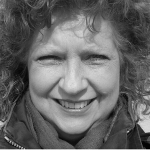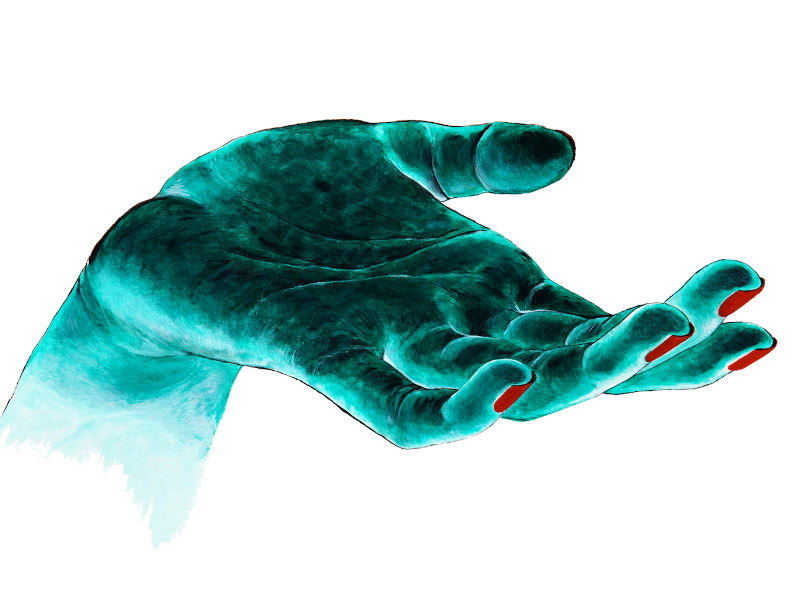Tackling the Four Fs
By Danuta Lipinska
Seven self-care strategies
Coping with loss and grief is part of everyones life and how deal with that is essential to maintaining our mental and physical wellbeing.
In Part One, ‘Recognising the Four Fs’ in self-care, we described our human responses to threat – Fight, Flight, Freeze and Follow.
Here are seven really simple things that you can do to care better for yourself, and tackle the effects of the Four Fs – which can produce such toxic results…
The seven strategies are:
BREATHE
DRINK
NOURISH
REST
LOOK
FEEL
DO

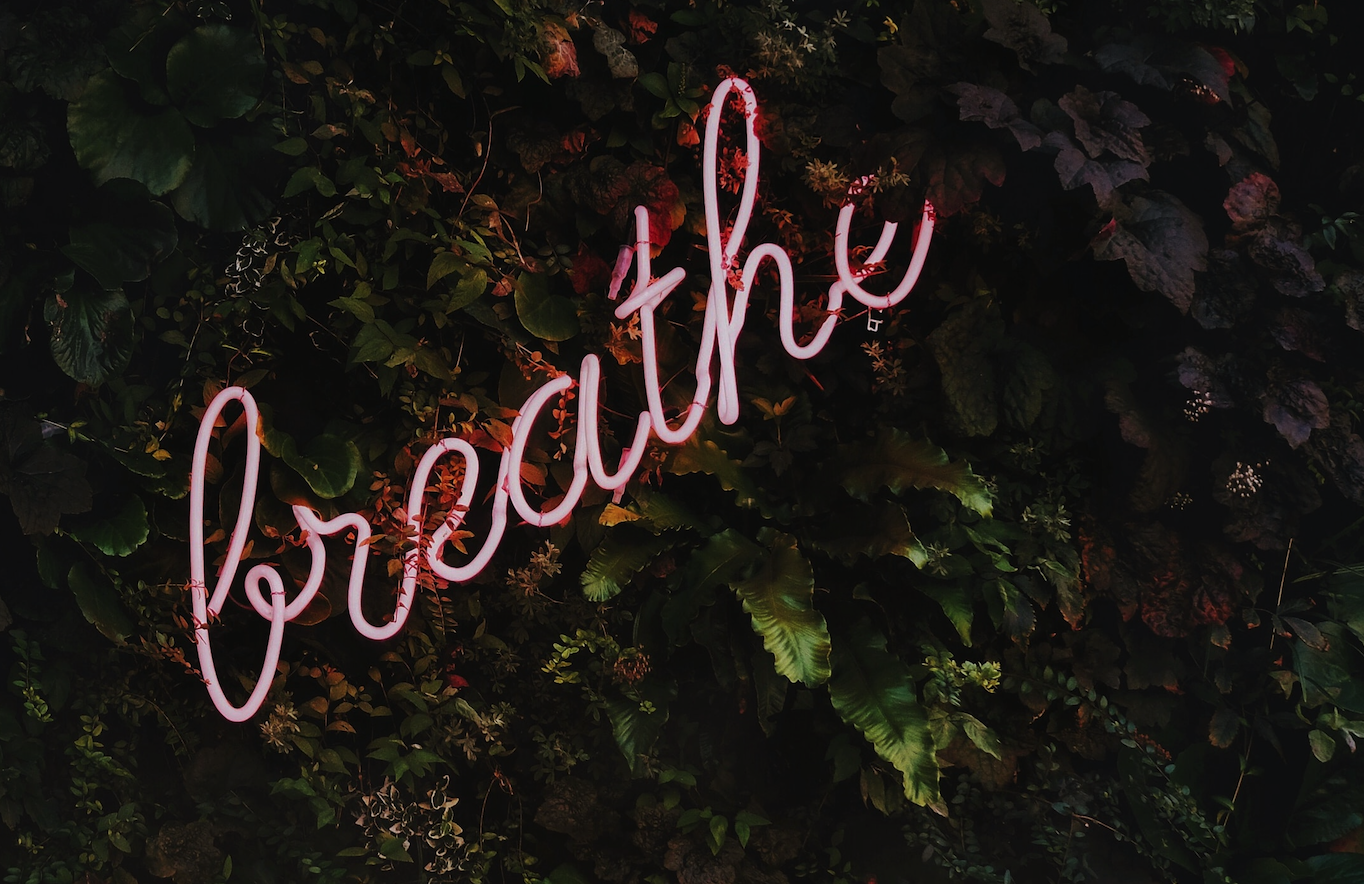
Photo by Javier Esteban on Unsplash
BREATHE
Breathing – our most precious gift. When we are afraid, anxious and feeling out of control, when we are feeling huge pressure and expectation we take little shallow, timid breaths.
Our brains need BIG DEEP breaths to help us to think clearly, to move through the cobwebs of confusion and to bring life giving enriched oxygen to those very distant and tired parts of body, mind and soul.
Like me, I bet there are moments in the day when you realise that you are hardly breathing at all, and that you can’t remember the last time you breathed from deep in your belly so your lungs were really full and then really empty.
Try this simple, comforting little exercise:
1. Breathe in through your nose to the count of 5,
2. Hold your breath for the count of 3 and then
3. Breathe out through your mouth for the count of 4.
You can do this anywhere. If you are in a mask a lot of the day and find that they are unpleasant to wear, it’s even more important to do this. Find a safe place to do it and even better, stick your head out of the door or the window so you get some fresh air into your lungs.
Visualise in your imagination your ‘happy place’ – maybe you also have a post card or photo of that beach, or a child’s birthday party, a wedding or family gathering that made you feel relaxed, connected and wonderful.
Keep those mental pictures or real photos handy and go there when you can. You could even invite a resident to share their special place with you and talk about these happy places together.
DRINK
The brain is 70% water. When we aren’t drinking we become dehydrated, confused, and grumpy. We get headaches and dizziness. Our brain is not able to function as it needs to, so the rest of the body and soul will also be struggling.
When you are helping residents to drinks, think about getting one for yourself too when it’s convenient.
Although it’s best, it doesn’t have to be water. Squash, tea, coffee, juice, and any other beverages will help. Decaffeinated, sugar free, herbal if you can manage it, but not if it ruins your enjoyment and stops you drinking of course!
A nice glass of what-you-fancy (beer or wine) when you get home can be a lovely treat. Alcoholic spirits aren’t considered helpful on the rehydration front.
If your appetite isn’t great, try smoothies (sweet or savoury), soups, milkshakes, lemon and ginger tea, fresh fruit also has water and healthy sugars.


NOURISH
You can’t take the car out and expect it to get you places if there is no petrol in the tank. NO amount of cajoling or hoping will change it.
So – remember to eat. Maybe you can’t manage what you used to, either because of too many demands or not being home for supper on time any more. Or maybe you simply aren’t hungry.
Eating doesn’t have to mean a full-blown meal. Healthy, nutritious, high protein snacks and food-on-the-go can help even balance your blood sugar and increase protein release over time, rather than having that empty sugar rush that doesn’t last.
Don’t get me wrong – comfort food will also be helpful, in moderation. Pace yourself. Keep some of the chocolate cake or Hobnobs for another day.
Eat slowly and mindfully, really allowing yourself to enjoy the taste, smell and sight of your food. Sit down somewhere away from work or the TV news if you can. Be with those you love if you are able.
Eat when you are hungry, stop when you are full. If you can’t eat, drink (see above).
Allow others to do the cooking and experiment with meals as well as the lunch box that you take to work.
REST
Yes, we all need sleep to recover and regenerate.
It may not necessarily come so easily at the moment, or it may be that you don’t really want to wake up and have to force yourself out of sleep with an alarm (or two). When things are stressful, sleep can seem like a good escape. And it is – unless being asleep reduces your quality and amount of awake time. Finding full-proof ways not to oversleep will help!
If you are too ‘wired’ after a long shift, or exhausted after a hard day, find routines and rhythms to help you get off to sleep, including sex – alone or with another.
Warm bubble bath or shower, comfy sheets, a teddy, pet, or human to cuddle can help. Reduce any screen time to 15 minutes before bed. You might need music or a book to change your thoughts and take you to another world. Hopefully one that you like! Books that don’t require deep thinking are best – light, fun topics that interest you, are best.
Even reading aloud with your children or the dog can revive and restore your mood and imagination, taking you to another place, helping you to relax. Laughter and humour are essential stress releasers too. Some people find prayer and meditation, yoga, music, poetry are helpful bed time helpers. You can create your own unique list. No one thing suits us all.

LOOK
If we spread our focus too widely – to the wider world, to the immense suffering and grief, to the bombardment of negative information and news (not all of it accurate or helpful) to tomorrow or next month, we can become more anxious, more frightened, feel even more out of control.
Just open your hands and look into your palms. Ask yourself, “what can I do now, in this moment, with these hands, with what I have in front of me and available to me, Right Now?” Reduce the sense of being ‘overwhelmed’ by taking one small aspect of the task at hand that is do-able and achievable now.
It may be a very small thing, but it is one positive action, word or thought and it might be all you can manage. Narrow your focus. Remind yourself that “this one, small thing, is what I can do now”.
FEEL
But not too much. Or all at once. There will be time to do that later on. Right now, you have to keep it together for so many – and that includes you! It is important to acknowledge the feeling(s) when they arrive and choose whether to allow them to be expressed then, or later on.
“It is true that is what is happening. I don’t like it. I wish it wasn’t happening. But I can choose how to feel about it. I am going to choose NOT to think about it or feel it right now. I can think about this feeling and allow myself to feel it for a moment. Yes, this is real. I can feel it, but it doesn’t have to take over. I can return to it later if I want to, or leave it alone if I want to.”
You can give yourself one thing at a time that you will allow yourself to feel. For a few minutes only. Ending with deep breathing and a positive affirmation or message to yourself, something like
“I am a good person. I am doing the best I can with what I have. In this moment, I am OK. I can’t fix anything completely but I can try to make one thing better. Tomorrow is another day.”


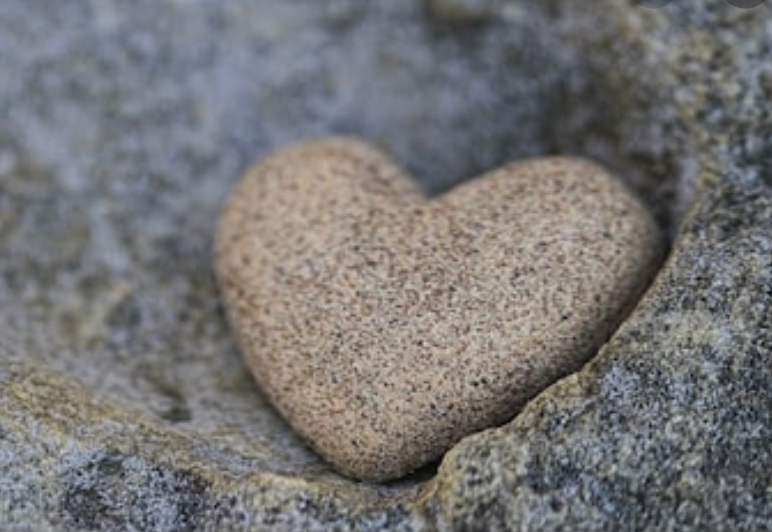
DO
Put a little ‘anchor’ or touchstone in your pocket. A stone, a button, an acorn, a marble, a small key (one that doesn’t belong to anything anymore) and have it with you to touch as a reminder of better times, a connection to your real inner self, and that this too shall pass.
Stay connected – or not. Too much of a good thing can also increase stress, even if it is good stuff. You might need to ‘hunker down’ for a bit and come back when you feel ready. Let people know this is your way. Just for now.
SHARE
About Danuta Lipinska
A passionate specialist in the understanding and care of any older person and those with dementia, successful author, counsellor, supervisor, Action Learning facilitator, trainer and International speaker.
